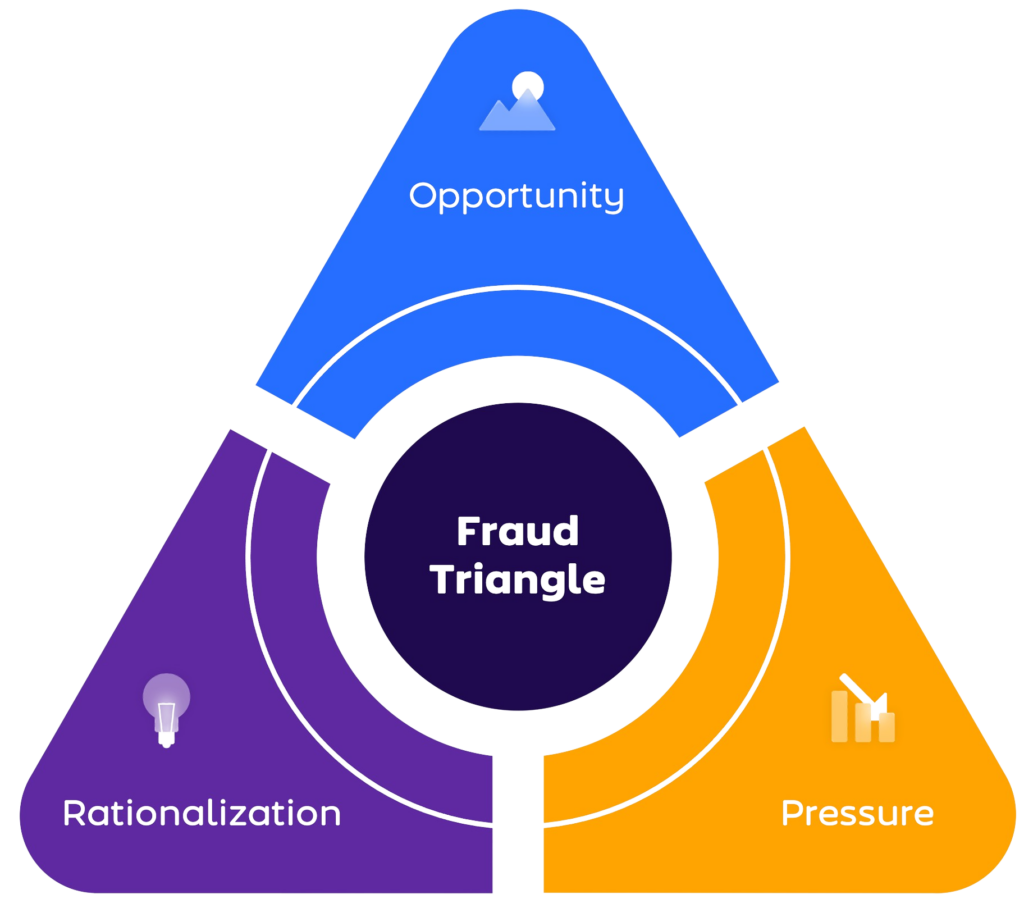Fraud in the Gaming Industry: Unmasking the Dark Side
We see an alarming trend has emerged: the gaming industry has become a prime target for fraudsters, as in every community, online or offline, there is fraud.

We see an alarming trend has emerged: the gaming industry has become a prime target for fraudsters, as in every community, online or offline, there is fraud.

I had a discussion recently with a leading game studio about fraud. We see an alarming trend has emerged: the gaming industry has become a prime target for fraudsters, as in every community, online or offline, there is fraud.
In the vast landscape of the gaming industry, the numbers speak volumes: there are more players, game titles, and competitions than ever before. A new era has dawned, where gamers come from diverse backgrounds, encompassing all genders.
Particularly during times of social isolation, gaming has thrived, giving players the opportunity to have community-oriented experiences. Because of this, the gaming industry is now stronger than it has ever been.
The financial statistics clearly show this. Presently, the video game market is valued at a staggering US$365 billion, exhibiting an impressive annual growth rate of over 7%. Looking ahead, experts project the market volume to reach US$482 billion by 2027, as emerging technologies such as the Metaverse, GameFi, VR, and AR mature.
In this article, I want to share some insights from my work at 5CA and lectures at the University of Amsterdam about fraud. Fraud in this context is ‘intentional deception to secure unfair or unlawful gain, or to deprive a victim of a legal right’.
In our opinion, when fraud occurs, three elements come together in the so-called Fraud Triangle:

Breaking the Fraud Triangle is the key to fraud deterrence. Breaking the Fraud Triangle implies that an organization must remove one of the elements in the fraud triangle to reduce the likelihood of fraudulent activities.
Looking at specific types of fraud, we can define use-cases to prevent and detect them sooner. In the gaming industry, we identify the following specific types of fraudulent behavior.
As with all risks, we must realize that we can never 100% prevent fraudulent behavior. But we can do a lot to prevent and minimalize the risk and, when fraud does occur, detect it in an early stage so we can respond accordingly.
Fraud is a significant challenge within the gaming industry, threatening the integrity of player experiences. From hacking and cheating to virtual scams and predatory practices, fraud takes various forms and impacts players on multiple levels.
Collaboration between BPO companies, game developers, agents, players, and regulatory bodies is key to ensure a safer and more transparent gaming environment.
By taking the measures as described above, we can already reduce the risk significantly and keep improving the safe and secure environment needed.
At 5CA we have a unified Microsoft Platform Foundation, based on Zero-Trust Architecture, providing a compliant environment with security and privacy by design. This enables us with the right combination of security measures and controls, data driven reporting and monitoring allowing us to prevent, detect and respond in the best way possible. In our opinion, this leads to the best synergy between our great people, the best tools and actionable insights.
David Bos, an avid gamer and Star Wars enthusiast with over 23 years’ experience in serving global customers. Currently CTO at 5CA, former Deloitte CTO and technology leader. Part-time Lecturer Amsterdam University on Data & AI and Cyber Security.
Specialized in Technology, Innovation, Data & AI, Automations and Cyber Security.

What’s really keeping customer experience (CX) leaders in the gaming industry awake at night? Against the backdrop of rapidly advancing technology, it’s the enduring operational challenges that stand out significantly.

In the fast-paced world of online gaming, the terrain is shifting under our feet with every passing quarter. We are seeing seismic changes in how games are marketed, how players are retained, and, importantly, how Player Support is evolving.